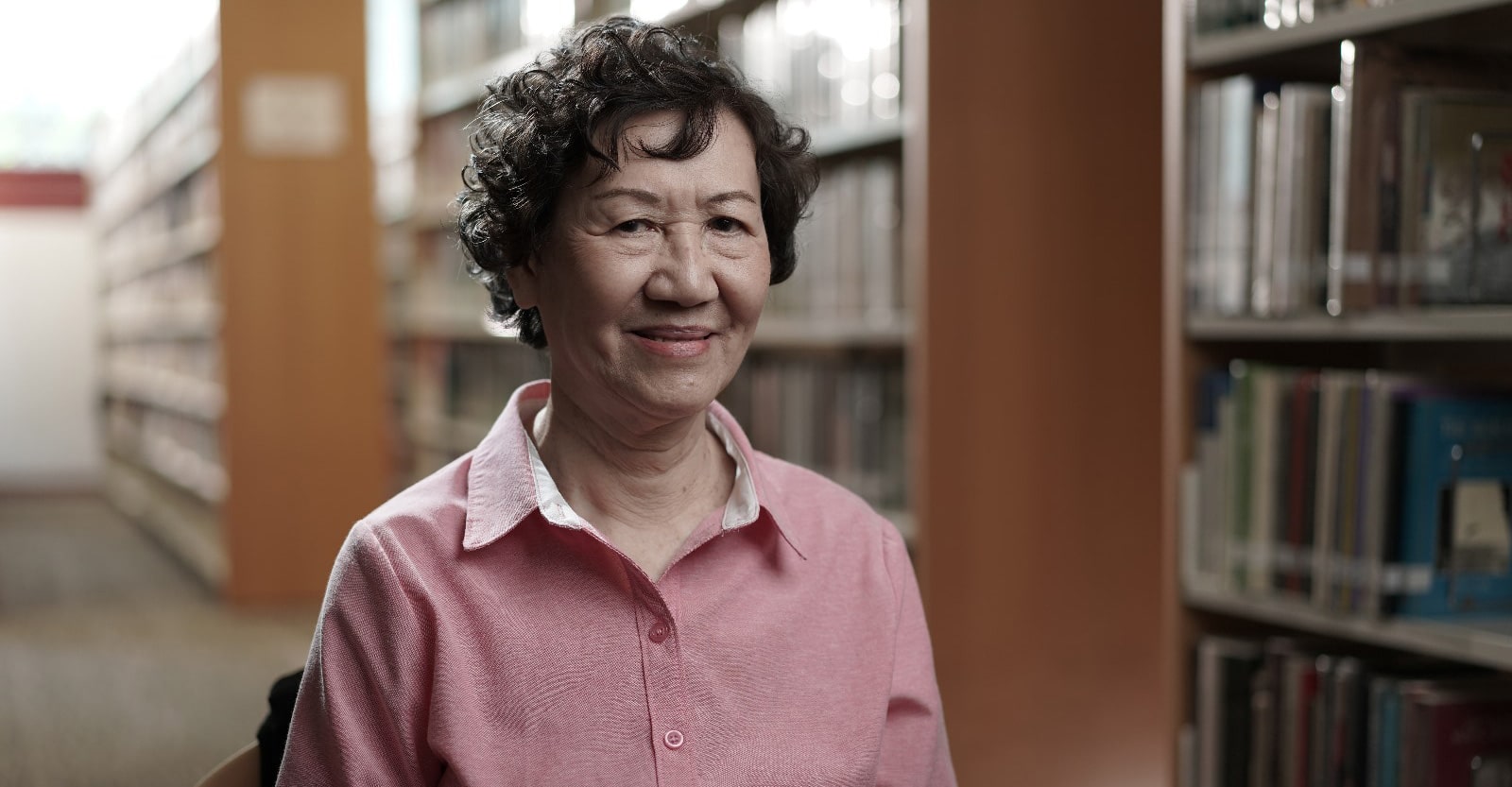Are we mistaken about The Great Commission?
Reverend Ramylal Fernando // March 12, 2018, 5:00 am

Photo by Nathan Dumlao on unsplash
Jesus didn’t command us to reach the world in the Great Commission.
In fact, reaching the world is not mentioned in this command. What we are commanded to do is to disciple people. There is only one main verb in The Great Commission and that is to “make disciples”.
In this very significant verse, “go” is not the emphasis, “make disciples” is. Jesus is not asking us to be caught up about going to a specific place (more of this in #1).
Jesus didn’t ask us to “make” disciples through a programme.
Making seekers into believers has become a content-driven exercise in most churches. But Jesus was referring to much more than completing some courses in order to declare people as “discipled” (more of this in #2).
You can disciple the people that you live with and the people you are sent to. You don’t have to “reach them”. They are already there. You disciple people you have influence over.
Jesus didn’t command us to reach all nations of the world.
The Greek word that is translated “nations” is ethne, meaning “peoples”. The Lord Jesus Christ commanded his disciples to make disciples of peoples. What kind of people are we supposed to reach?
You can disciple the people that you live with and the people you are sent to. You don’t always have to go overseas to “reach them”. They are already there. You disciple people you have influence over.
We can disciple (that is, be a testimony to, baptise, teach) the people we meet and mix with day in and day out.
The person in the next cubicle in your office, the neighbour who lives next door to you, your barber, your manicurist, your home helper, your classmate – they are all examples of people we have influence over (and you have some choice in choosing them).
Your cousins, in-laws, siblings, parents also are examples of people you have influence over (but you really have no choice in choosing them). You don’t need to break the ice with them. You don’t need to worry about topics to talk with them. They don’t need to make an appointment when they need to talk to you. They are the “nations” that Jesus asks us to focus on.
If you need a big theological word, it is about “incarnational living”. You are Jesus incarnate, in the lives of the people you have influence over.
So, this commandment was not given to leaders and mature Christians only. It was given to all believers in Christ. To sum up:
1. You don’t have to go to a new place
Jesus didn’t command us to specifically choose a place to go to when he said “go” in The Great Commission. “Go” is a participle in the Greek, the same as “baptise” and “teach”.
There is only one main and strong verb in the command and that is to “make disciples”. Even in the English language, we know then that “go” must really read as “going” if it is a participle. If that were to be the case, then the impact of the “go” will change. What Jesus actually meant was: “As you are going, make disciples of all nations.”
This would mean that The Great Commission must be obeyed as “we are going”.
Going where? Going about our day to day lifestyle, going to work, going to our relatives’ place, going to school, going to wherever it is we go. Jesus does not make you have to choose to go to a specific place in order to obey The Great Commission.
Your field can be where you are: At home, at work, at play. Maybe you’re truly called to the mission field overseas. But not all are – and if you aren’t, you don’t have to seek out places or people to go to. You are already there.
2. You don’t have to “make” disciples
Jesus didn’t command us to “make” someone into a disciple. The word “making” in the English language contains the idea of putting in some content and coming out with a finished product.
The word for disciple is basically the Greek word of “learner”. A learner is not the end product. He or she is a work in progress. Jesus commands us to impact people in our fields of influence to become learners.
What kind of learners?
Ones who are learning to follow Christ. The rest of The Great Commission tells us that we help people to become learners by baptising them and teaching them.
So, the emphasis should not be placed on someone following a study programme through which he or she becomes a disciple. But the emphasis is on enabling people to become learners by associating with you. That is exactly what Jesus did.
He made disciples by selecting some men and journeying with them. Sure, there were moments when he sat down and taught them. But there were a whole host of moments when life events were the teaching points and teachable moments.
So, sharing life with another learner and journeying with him or her is “making disciples”. If you have to make use of a curriculum, do that. But not at the expense of that personal journey.
3. You don’t have to know everything before you obey this commandment
Jesus didn’t commission the disciples because they knew everything about making disciples. There is a huge “therefore” that we generally overlook at the start of verse 19. In verse 18, Jesus declared: “All authority in heaven and earth has been given to me.” Matthew 28:18 Basically, he is saying he is God and all authority is His. Therefore, He commands learners to enable others to become learners.
Jesus didn’t tell you to wait until you are mature in order to obey the Great Commission. He tells you to start doing it if you are a learner and a work in progress. He tells you to do it by teaching other learners what you have learnt. That is liberating.
If I only have to teach someone what I have learnt up to now, then I can start the task now.
The more I get to know, the more I can impart, to those whom I am helping. We make disciples, because Jesus told us to do it and because He has sent us out. We have been commissioned by God. And His promise is that He will be with us as we do so, “always, until the end of the age”. Matthew 28:20
In other words. Jesus commissions us and empowers us and stays with us as we obey Him. It is so Jesus-centred that you don’t need to be a professional Christian worker to obey it. And it is so Jesus-centred that even a professional Christian worker or a mature believer will obviously do it.
So, in conclusion, the Great Commission is not about a geographical strategy in reaching out and discipling people. It is realising that often, we are already deployed in the right place.
The Great Commission is not a programme with deliverables. It is people who are a work in progress helping others they have influence over to become works in progress.
The Great Commission is not about qualified people doing a high-end ministry. It is a lifestyle that each and every believer must, and will, live out.
Reflection and Discussion
1. “Jesus commissions us and empowers us and stays with us as we obey Him.” Take stock of your life in terms of work. Consider how He has commissioned and empowered you for your role. Are you ready to obey Him wherever He has placed you today?
2. “Your field is where you are … you are already there.” Ask God to help you see your field with new eyes.
3. Who are you discipling right now? Will you take a few moments to pray for them?
We are an independent, non-profit organisation that relies on the generosity of our readers, such as yourself, to continue serving the kingdom. Every dollar donated goes directly back into our editorial coverage.
Would you consider partnering with us in our kingdom work by supporting us financially, either as a one-off donation, or a recurring pledge?
Support Salt&Light


